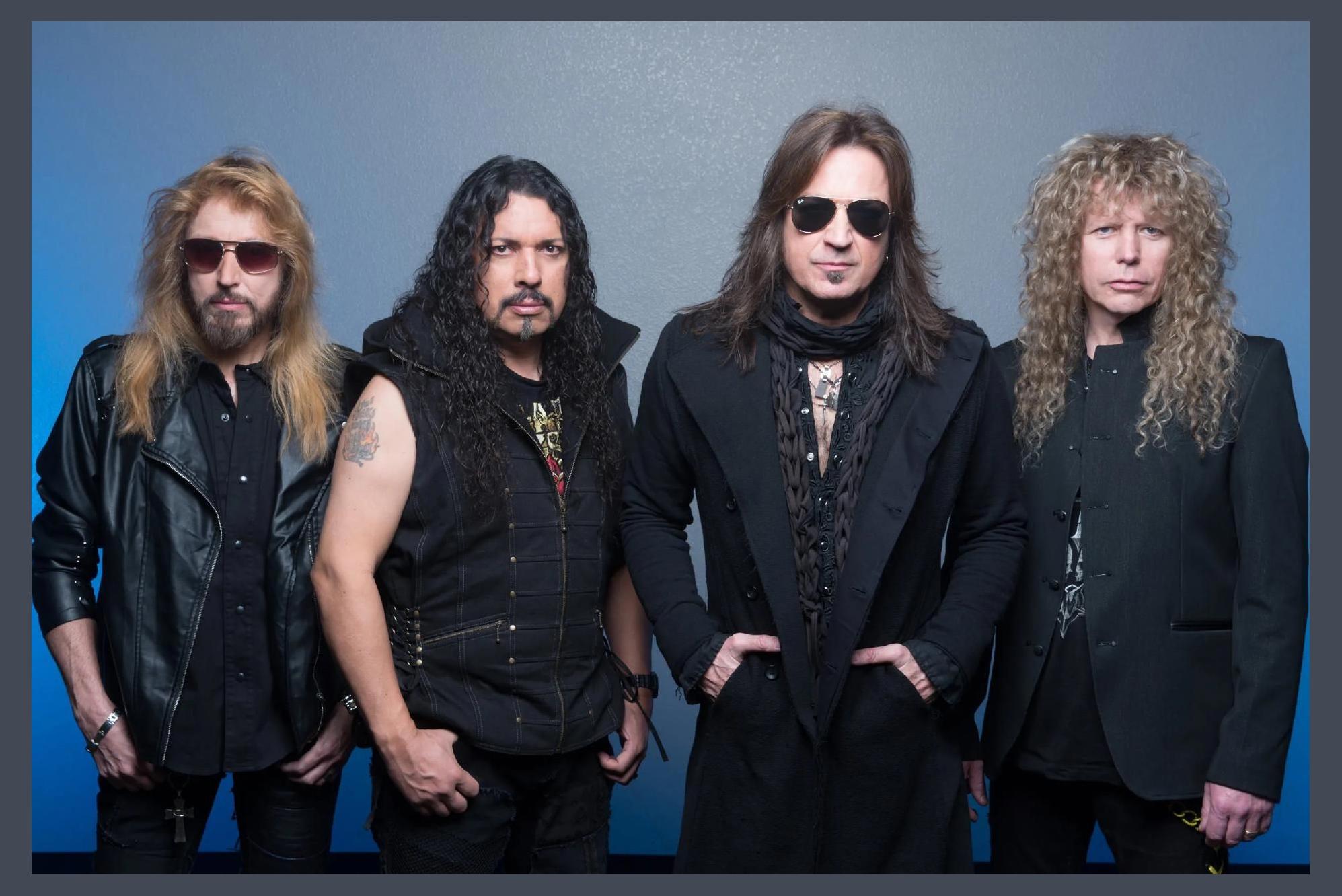 Stryper
Stryper
Stryper: Defenders of the Faith Through Melody and Metal
In the annals of Christian metal, Stryper stands as an enigmatic and influential force. Formed in Orange County, California, in 1983, the band emerged into a music scene dominated by secular themes and heavy metal's rebellious spirit.
Members and Early Influences:
Stryper's original lineup consisted of Michael Sweet (vocals, guitar), Robert Sweet (drums), Oz Fox (guitar), and Tim Gaines (bass). Their music drew inspiration from both traditional heavy metal bands like Judas Priest and the uplifting message of their Christian faith.
Challenges and Controversies:
Stryper's unique blend of metal and Christianity sparked both adoration and controversy. Critics dismissed their music as "Christian rock," while devout listeners embraced their lyrics as a powerful testament to their beliefs.
In the early days, the band faced opposition from both religious and secular audiences. Some churches questioned the legitimacy of Christian metal, while metalheads saw Stryper as a sellout. However, the band remained steadfast in their mission to bridge the gap between their faith and their music.
Discography and Legacy:
Despite the challenges, Stryper released a string of successful albums, including "Soldiers Under Command" (1985), "To Hell with the Devil" (1986), and "No More Hell to Pay" (1989). Their signature song, "I Believe In You," became an anthem for Christian metal fans worldwide.
Stryper's influence extended beyond their music. Their bold stance on faith inspired a generation of Christian musicians and paved the way for a new subgenre of heavy metal.
Later Years and Reunion:
After a hiatus in the 1990s, Stryper reunited in 2005. They have since released several new albums and continue to tour extensively.
Legacy and Impact:
Stryper remains a vital force in Christian metal. Their music has touched the lives of countless fans and helped to break down barriers between faith and secular culture. Their unwavering dedication to their beliefs has earned them the respect of both Christian and non-Christian audiences alike.
In the annals of Christian metal, Stryper stands as an enigmatic and influential force. Formed in Orange County, California, in 1983, the band emerged into a music scene dominated by secular themes and heavy metal's rebellious spirit.
Members and Early Influences:
Stryper's original lineup consisted of Michael Sweet (vocals, guitar), Robert Sweet (drums), Oz Fox (guitar), and Tim Gaines (bass). Their music drew inspiration from both traditional heavy metal bands like Judas Priest and the uplifting message of their Christian faith.
Challenges and Controversies:
Stryper's unique blend of metal and Christianity sparked both adoration and controversy. Critics dismissed their music as "Christian rock," while devout listeners embraced their lyrics as a powerful testament to their beliefs.
In the early days, the band faced opposition from both religious and secular audiences. Some churches questioned the legitimacy of Christian metal, while metalheads saw Stryper as a sellout. However, the band remained steadfast in their mission to bridge the gap between their faith and their music.
Discography and Legacy:
Despite the challenges, Stryper released a string of successful albums, including "Soldiers Under Command" (1985), "To Hell with the Devil" (1986), and "No More Hell to Pay" (1989). Their signature song, "I Believe In You," became an anthem for Christian metal fans worldwide.
Stryper's influence extended beyond their music. Their bold stance on faith inspired a generation of Christian musicians and paved the way for a new subgenre of heavy metal.
Later Years and Reunion:
After a hiatus in the 1990s, Stryper reunited in 2005. They have since released several new albums and continue to tour extensively.
Legacy and Impact:
Stryper remains a vital force in Christian metal. Their music has touched the lives of countless fans and helped to break down barriers between faith and secular culture. Their unwavering dedication to their beliefs has earned them the respect of both Christian and non-Christian audiences alike.